ANOTHER YEAR (2010)
A look at four seasons in the lives of a happily married couple and their relationships with their family and friends.
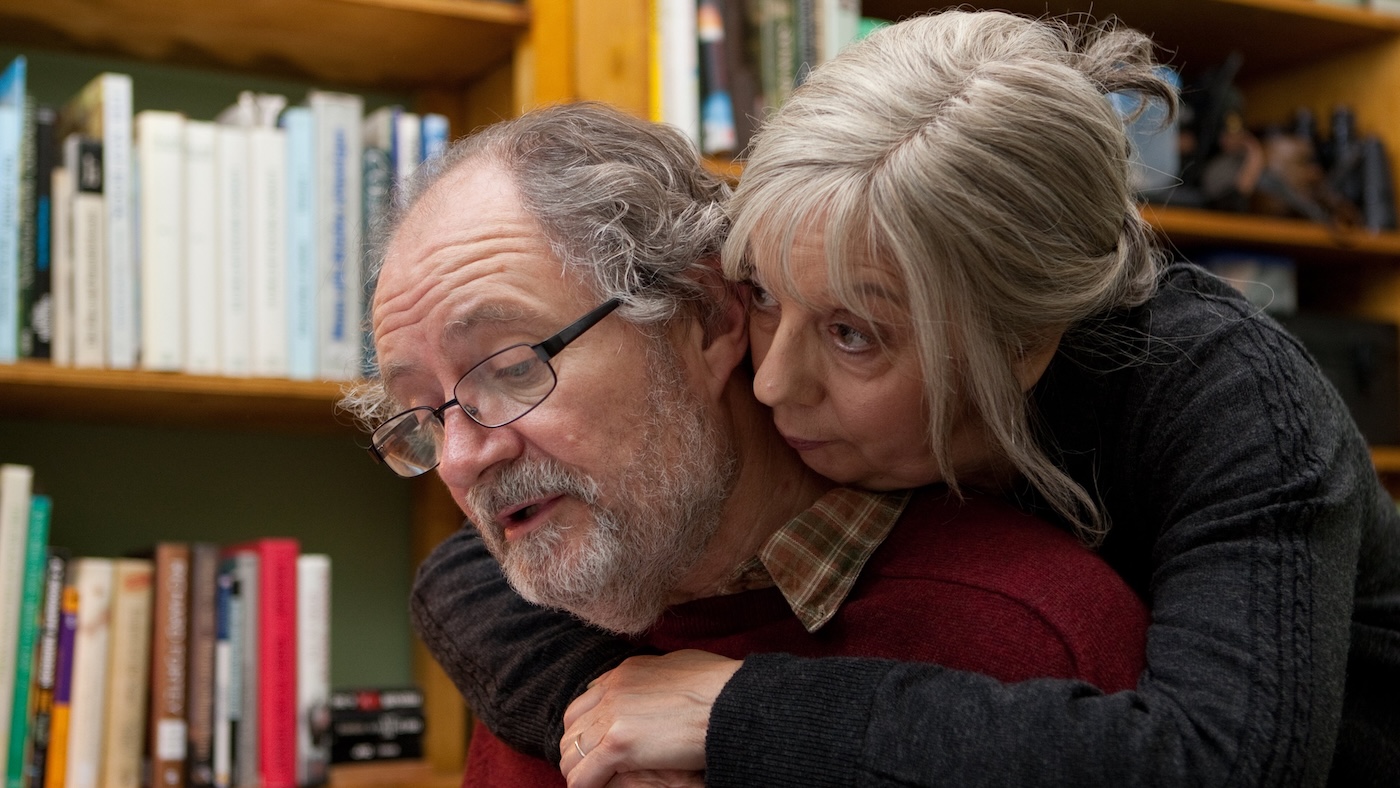
A look at four seasons in the lives of a happily married couple and their relationships with their family and friends.

There are moments where Mike Leigh’s Another Year is painfully unforgiving in its exploration of the disappointing lives of some of its characters, to such a degree that it feels as if it’s complicit in eviscerating these poor souls. But even within these harrowing sequences are the hums and rhythms of everyday, sympathetic figures, as well as the recognition that life goes on. That latter point is a more direct aspect of this film than almost all of Leigh’s other work, where we follow elderly couple Tom (Jim Broadbent) and Gerri (Ruth Sheen) as they entertain and console wayward friends and family members who aren’t nearly as happy with their lives. The four seasons that comprise Another Year’s chronology make for effective jumps in time across the film’s four chapters, but they are also a reminder of how difficult it is to truly change.
Another Year opens with doctor Tanya (Michele Austin) advising an insomnia-stricken patient, Janet (Imelda Staunton), who is tight-lipped and drained of joy, to see a counsellor to uncover the root cause of her sleeplessness. That counsellor turns out to be Gerri, though by this point viewers unaware of anything to do with the film’s promotional material may be tricked into thinking Janet is the protagonist, with Leigh giving considerable exposure to her pain. Janet presents herself as a closed book, though misery seeps out of her expression and cadence even before it inadvertently slips out of her no-nonsense dialogue. But for all her pain, she’s just a footnote in Gerri’s life and this film, forgotten in this narrative once its protagonist has been established. Gerri doesn’t even mention her new patient when she’s recounting the most interesting parts of her day to Tom that evening.
The seasons may change, but the people in this film never do. Tom and Gerri continue to host their friends Ken (Peter Wright) and Mary (Lesley Manville), who both feel as if their lives have led them to dead ends. They don’t know how to claw their way out of misery, and it’s clear they hardly ever allow themselves to express it, leading to teary-eyed conversations on their part as late evening revelry descends into bitter reminiscing. If only they could have another go at life instead of trying to fix the one they’ve got, the pair feel they would have a chance at happiness. It’s a thought process that Janet knows all too well, and which has consistently eluded Tom and Gerri, who have settled into a comfortable rhythm with one another over the years.
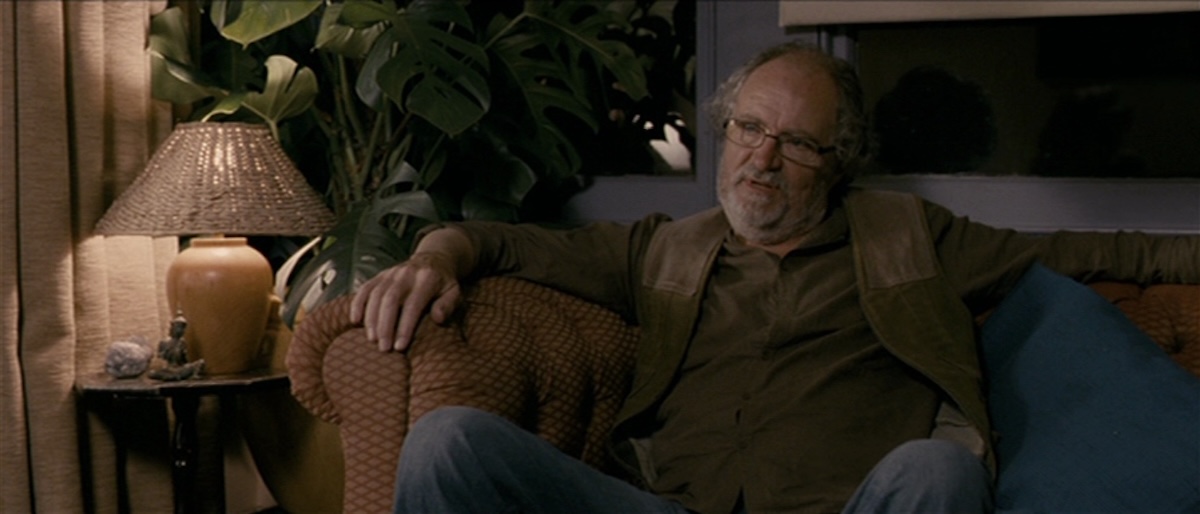
These heartaches bleed out across naturalistic conversations characteristic of Leigh’s work, where he workshops characters and conflicts for weeks with his performers to iron out the final draft of a script. Although he can lean a tad too far in this quality across some of his films, one of this director’s most underrated qualities is how he deploys his lack of subtlety. On the one hand, it takes plenty of time for the central ideas in his works to crescendo to their bittersweet tune, but it’s immediately apparent how different characters are. In his film Hard Truths (2024), about two very different sisters and the families they are the matriarch of, he forms harsh contrasts between the bitter silence in one of these households and near-constant, raucous laughter found in the other. Some filmmakers would have opted to contrast the coldness of silence with pleasantness instead, but Leigh usually goes a step further to turn his characters into extreme opposites.
In the case of Another Year, Gerri and Tom seem like perfectly civilised, ordinary, good-natured people. Ken, who wolfs down food, gulps down alcohol, and almost always has a cigarette in hand, seems like a caricature of a gluttonous wretch in comparison. Mary, meanwhile, is scatterbrained, prone to take over a conversation, unable to conceal any of her emotions, and pettier than most children. Gradually, the English director uses this rather gaudy emotional hook to draw out this story’s most tender and brutal qualities, which are almost always deployed in the same breath. There is the perfect amount of spontaneity to tie together a fairly repetitive formula across Another Year, with lines of dialogue that feel improvised and performances so lived-in that every wrinkle of emotion is keenly felt.
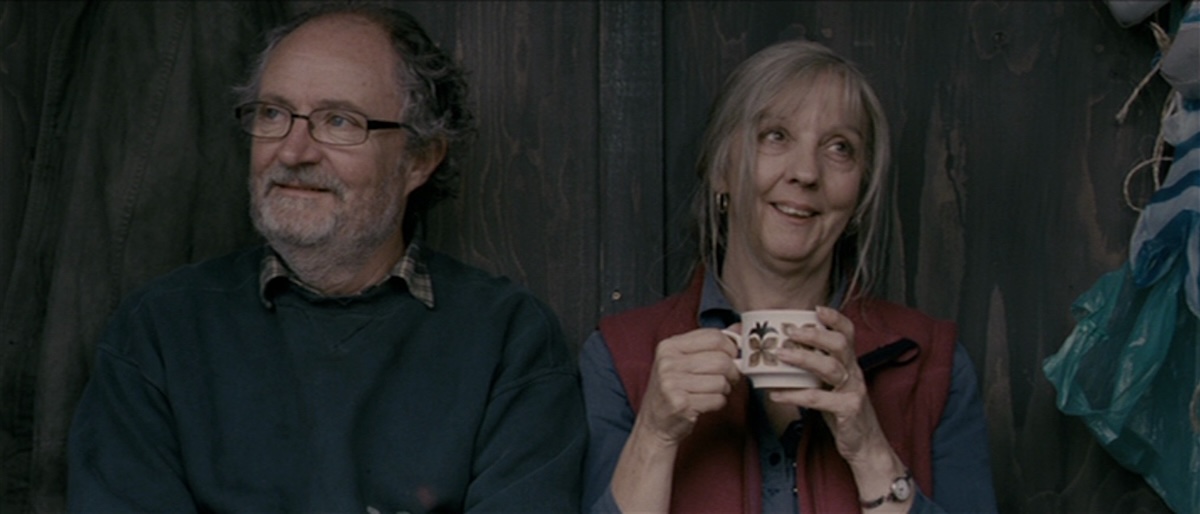
The end result isn’t just absorbing, it isolates you in the ambiance of conversation (or worse yet, silence) by making you feel as if you’ve known these characters your whole life. If that were the case, maybe it would be easier to show them the light. Many of Leigh’s characters don’t necessarily get significantly better or worse throughout his films, and if they are in a state of disrepair, it’s unusual for this to kick-start in conjunction with the film’s opening scene. Generally, we meet these characters at a point where their woes are so ingrained that they feel as if they might as well be lifelong. You get the impression that you understand these characters from how intimate each scene is, but there would likely be a whiplash effect if one were offered a glimpse into their past lives (and selves).
Another Year directly toys with this idea on more than one occasion, with discussions of happy memories from distant years usually provoking despair in Ken and Mary, while this evokes only idle wistfulness in Tom and Gerri. When those moments of profound sorrow slowly kick into gear, you almost feel like looking away from the screen out of sympathy for these characters; it’s like watching the fleshy undergrowth of a scab that’s been pulled off.
Another of Leigh’s greatest strengths is his ability to showcase seemingly bottomless empathy for his characters, while simultaneously exposing their deficiencies in this regard. Though Tom and Gerri are generally benevolent people, there are limits to their hospitality, and it should be noted that hospitality and empathy aren’t strictly the same thing. There’s a patronising quality to their love, with the couple recognising that their friends are somewhat akin to sick individuals in need of cajoling and comforting. The couple court this behaviour in some ways, opening up their homes to these odd people and their tear-stained heartache. But while it’s easy to remark upon their limitations, one can’t do this without acknowledging that, by accepting their friends as they are, they have essentially treated them like family. Someone like Mary is a burdensome presence, and what’s maddening is that she’s unable to recognise this, but Tom and Gerri have chosen to accept her as she is.
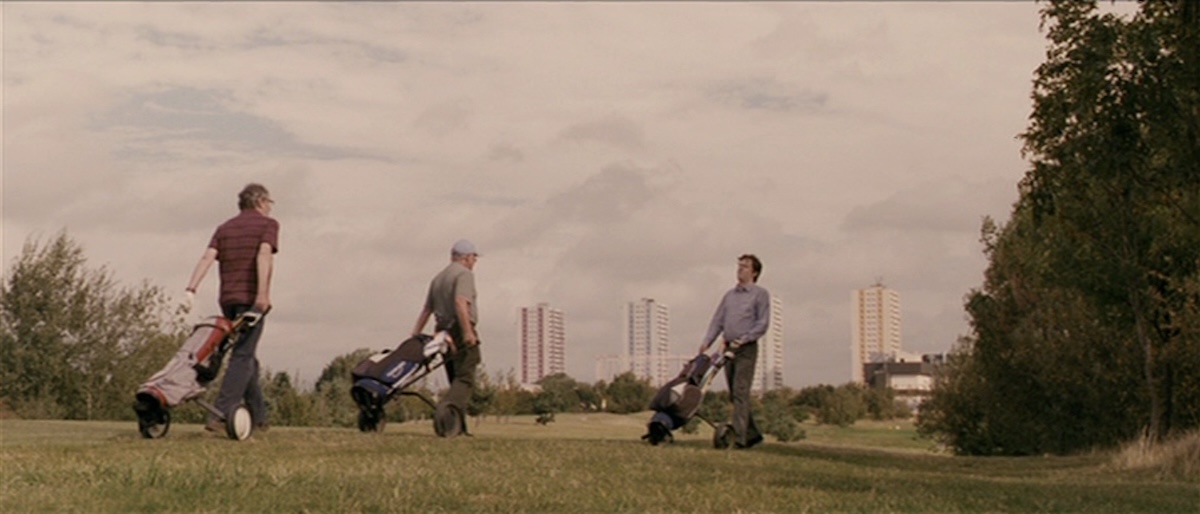
Even still, difficult conversations between this couple and their disillusioned friends are frequently painful to listen to, given that both groups are constantly talking past one another. When conversation enters uncomfortable, weary territory, these characters don’t pay any real attention to what anyone else says; they’re already locked into a fixed state of mind that they will articulate and reinforce until their emotional well has run dry. Gerri is a counsellor, yet has no interest in making a true effort to console her friends, while it’s clear that Tom doesn’t possess the slightest inclination to connect with them on this level. But Ken and Mary aren’t blameless, either. When they are offered words of solace—however hollow they may be—or pushback on their bitter ways, they steamroll past these objections to refocus the conversation on their unrelenting misery.
Ken and Mary are always falling, even if much of their time is spent upright; that’s the performance, the affected calm before the façade gets exhausted and they crumple once more. Tom and Gerri are so contented with their lives that it’s impossible not to notice that they would be exceptionally dull characters in a movie from any other director; it’s not like any of their ruminations or conversations are insightful, and they experience little internal or external conflict. And yet, when you take these disparate characters and put them in a room together, you get a gorgeous, tender, heart-breaking pressure cooker of a dramatic environment. Masks slowly slip, friends start to fall apart, and Tom and Gerri are unfailing in their ability to stitch these wayward souls up just enough for them to soldier on as if nothing happened. It’s an exhausting formula, but it’s never dull for a moment. All of these performers are illuminating, but it’s Lesley Manville who steals the show. As Mary, you can’t help but roll your eyes at some of her pathetic antics, but her anguish is frequently heart-breaking.
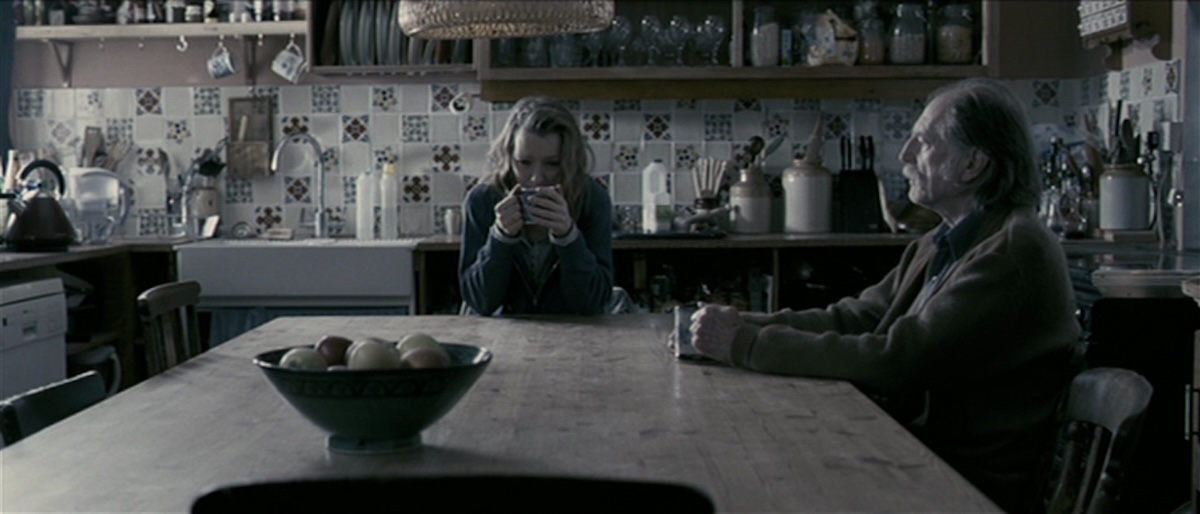
This isn’t to say that Another Year is perfect. Its final 20 minutes are even more patient (as well as seeming less deliberate and fine-tuned) than the rest of this slow burn film, even if it does conclude on a brilliant note. The visual representation of seasonal change wasn’t convincing, despite the use of different film stocks to evoke contrasts between seasons. Leigh remarked that this was his smallest production budget in a number of years, and while Another Year is never unpleasant to look at, these budgetary limitations are evident, especially when the film attempts to visually convey the winter season.
Thankfully, these are minor flaws. Another Year is a thoughtful and melancholy reflection on how we measure our lives and the lives of others, a subject that has occupied my thoughts for some time. Take the likes of Jack Nicholson, who has reportedly become something of a recluse in the last few years. The alleged reason is that he wants people to remember him as he was rather than what old age has made of him. It’s easy to respect those wishes, but does it lead to a worthwhile existence? One imagines that Nicholson spent so many decades making something of life than the other way around, and it seems a cruel fate to sideline yourself to keep the memory alive of a presence that has long faded from view.
In a more extreme example, if a person has a wonderful life, but then experiences bitterness and heartache for the last two decades of it, how would you go about assessing the quality of their time on Earth? Tom and Gerri seem to have the perfect relationship, keeping them at bay from the misery that engulfs some of their friends, but what if one of them were to pass away? It’s interesting food for thought that makes this rich and evocative movie almost as enjoyable to ponder on as it is to experience.
UK • USA | 2010 | 129 MINUTES | 2.35:1 | COLOUR | ENGLISH

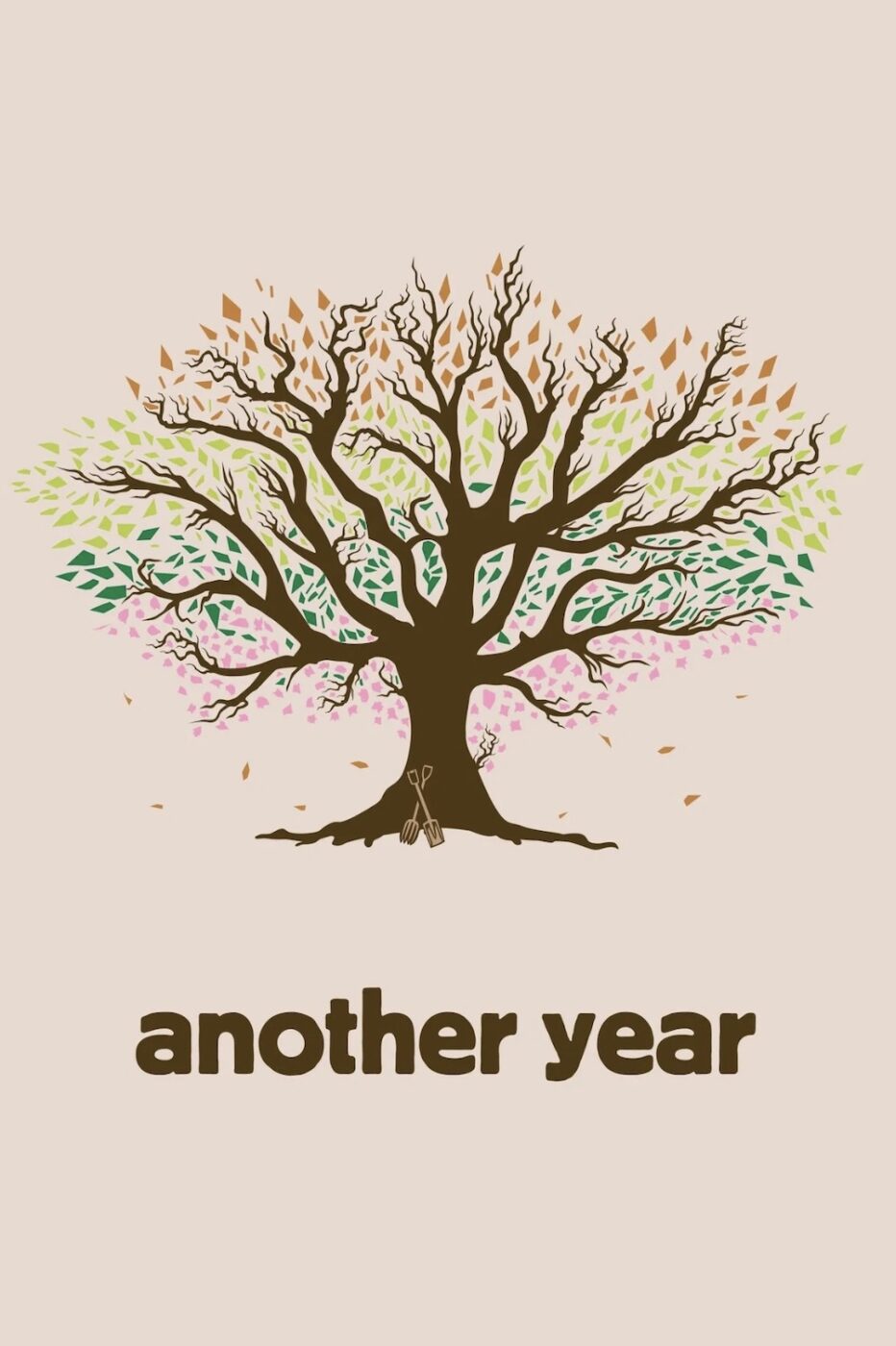
writer & director: Mike Leigh.
starring: Ruth Sheen, Jim Broadbent, Lesley Manville, Peter Wright, Oliver Maltman, Imelda Staunton, David Bradley, Karina Fernandez & Michele Austin.
